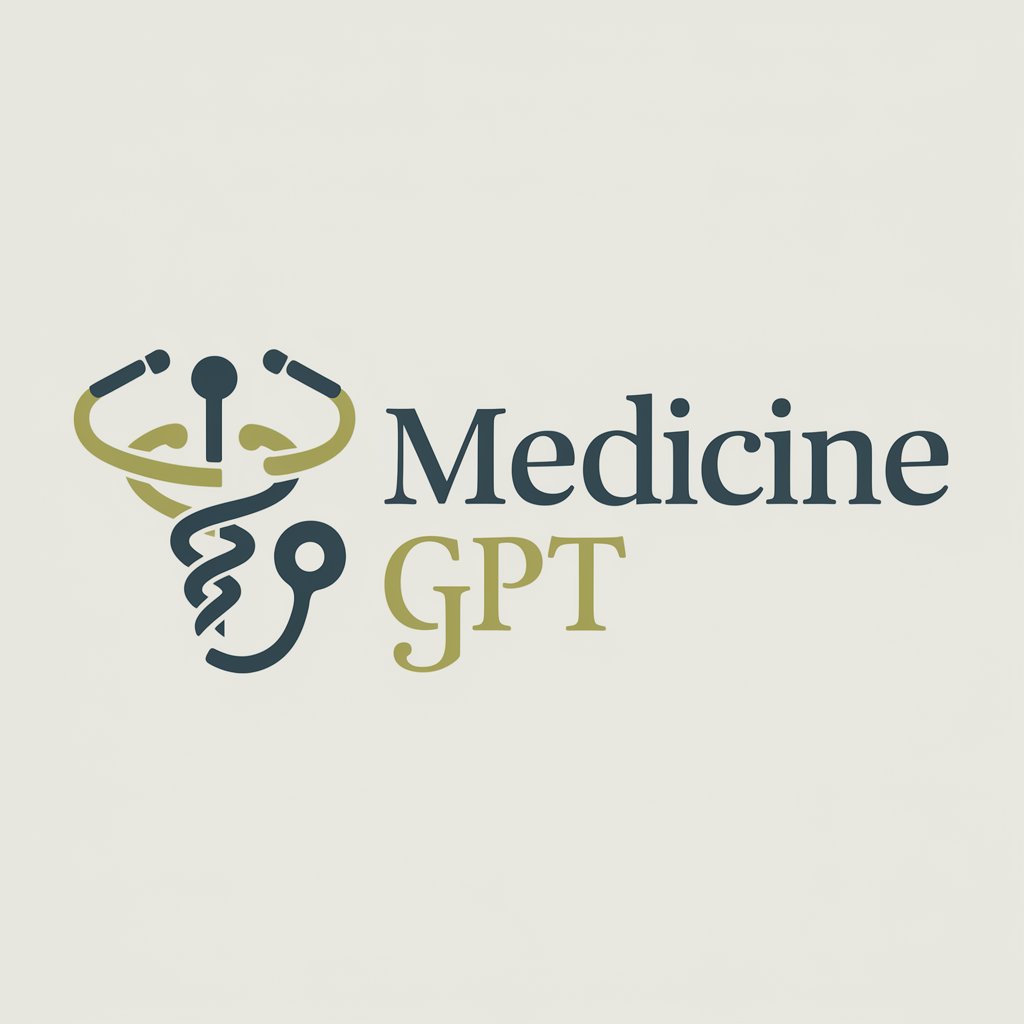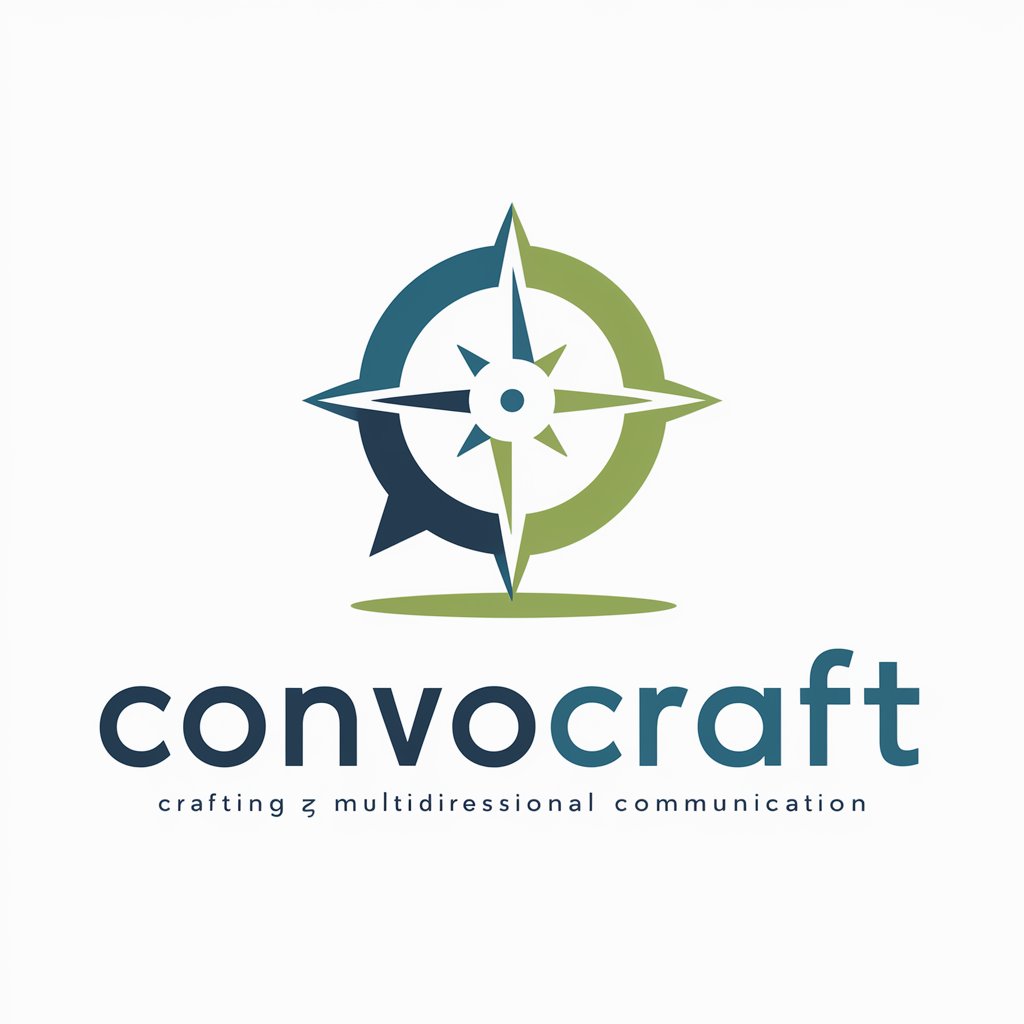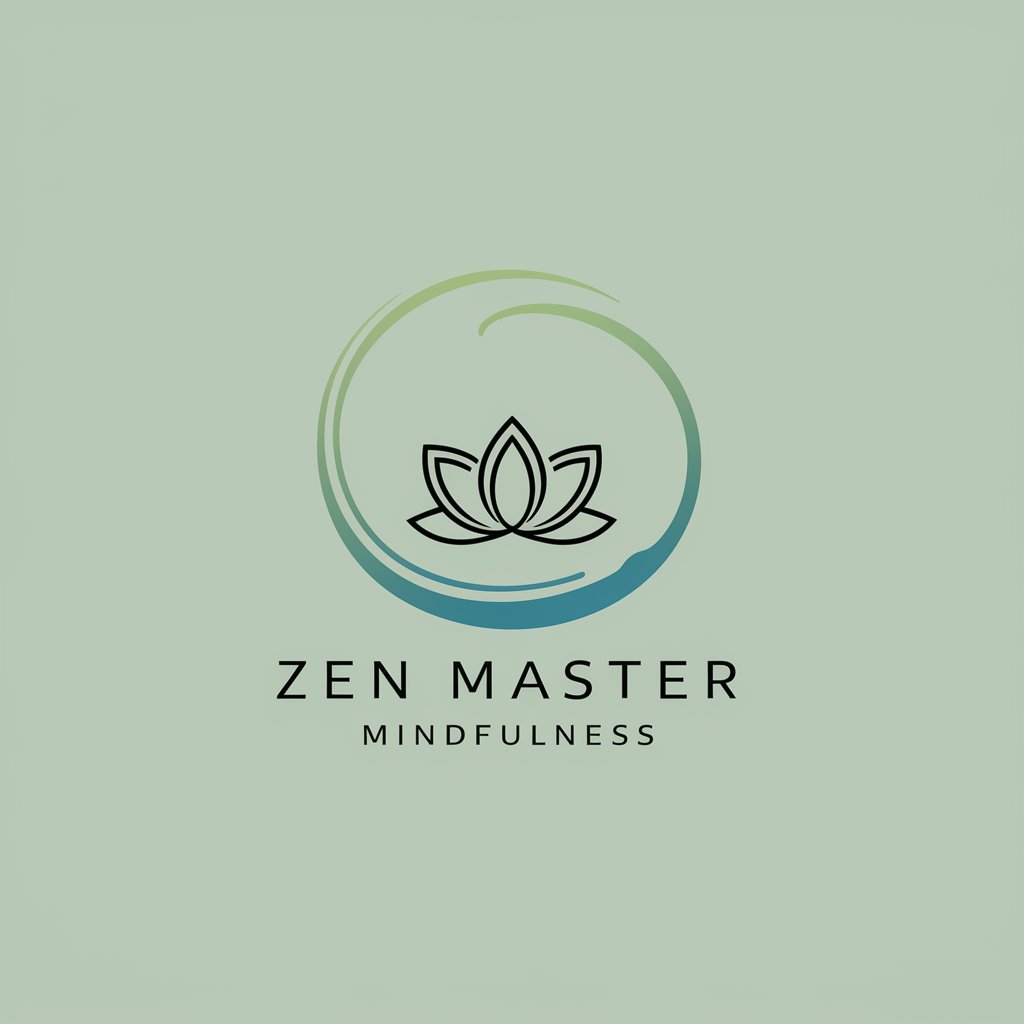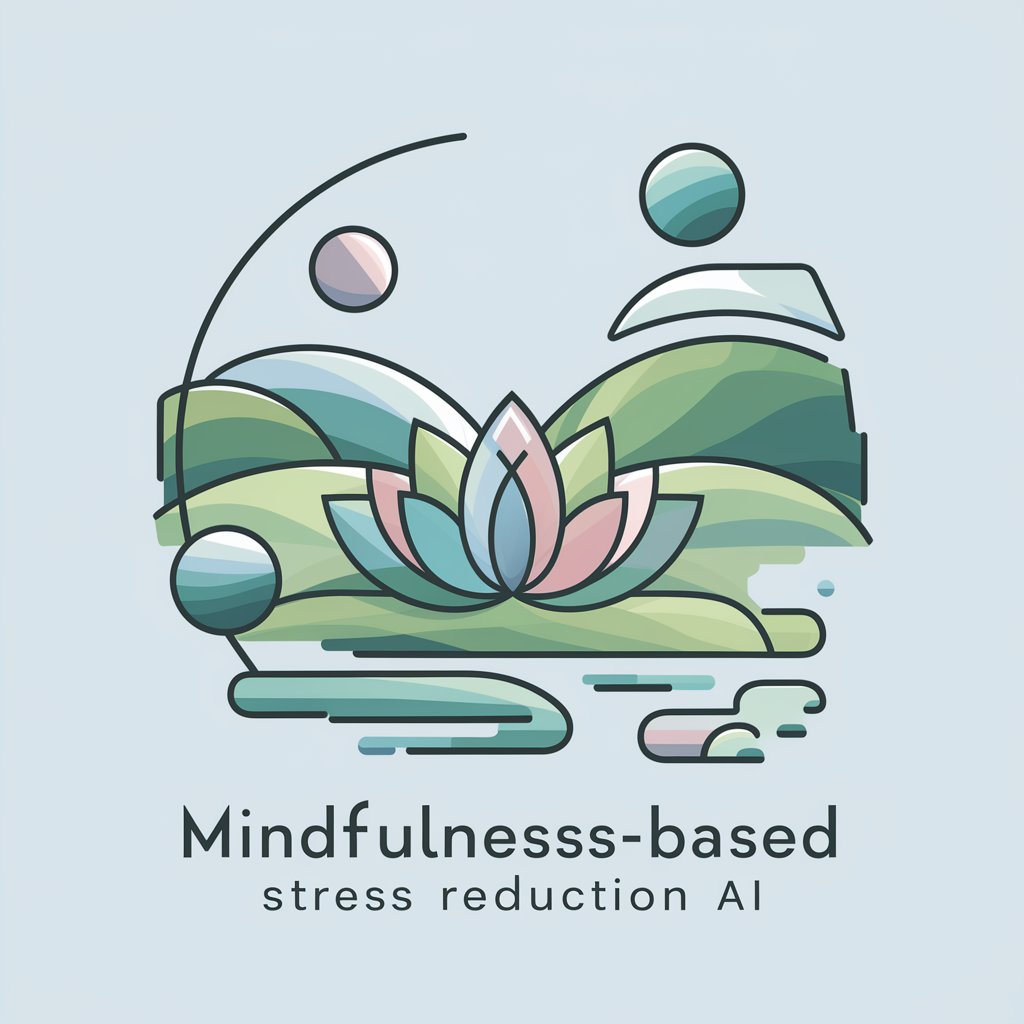
Mindfulness, Stress Management and PTSD - Mindfulness & Stress Relief

Welcome! I'm here to help you find peace and manage stress.
Empower Your Mind, Heal Your Heart
Can you guide me through a basic mindfulness exercise?
What are some effective strategies for managing stress daily?
How can I support a loved one dealing with PTSD?
What are the common symptoms of PTSD and how can they be addressed?
Get Embed Code
Understanding Mindfulness, Stress Management, and PTSD
Mindfulness, Stress Management, and PTSD are intertwined concepts essential in the realm of mental health and well-being. Mindfulness involves a conscious, non-judgmental focus on the present moment, often cultivated through meditation, helping individuals gain insight and awareness of their thoughts, feelings, and environment. Stress Management encompasses techniques and strategies to cope with and reduce stress, a common and sometimes overwhelming response to life's demands. PTSD, or Post-Traumatic Stress Disorder, is a mental health condition triggered by experiencing or witnessing traumatic events, characterized by symptoms like flashbacks, anxiety, and mood alterations. These areas interconnect as mindfulness can aid in managing stress and alleviating PTSD symptoms by fostering a sense of calm and helping individuals process traumatic experiences more healthily. Powered by ChatGPT-4o。

Core Functions of Mindfulness, Stress Management, and PTSD Support
Mindfulness Techniques
Example
Guided meditation sessions to enhance present-moment awareness, reduce anxiety.
Scenario
A person struggling with anxiety could use mindfulness meditation to focus on their breathing and current sensations, distancing themselves from overwhelming thoughts.
Stress Management Strategies
Example
Teaching relaxation techniques like deep breathing or progressive muscle relaxation.
Scenario
An individual facing workplace stress might use these techniques to manage acute stress episodes, maintaining calm and focus during high-pressure situations.
PTSD Coping Mechanisms
Example
Cognitive Behavioral Therapy (CBT) to reframe negative thought patterns.
Scenario
A trauma survivor might use CBT to identify and alter distressing thoughts related to their trauma, reducing PTSD symptoms like flashbacks and anxiety.
Target User Groups for Mindfulness, Stress Management, and PTSD Services
Individuals Experiencing Chronic Stress
People facing ongoing stress, such as workplace pressure or family responsibilities, can benefit from stress management techniques to maintain mental and physical health.
Trauma Survivors
Those who have experienced traumatic events, including veterans, abuse survivors, or accident victims, can find PTSD support crucial for healing and regaining a sense of normalcy.
General Public Seeking Well-being Enhancement
Anyone interested in improving their mental health, cultivating self-awareness, and enhancing their overall well-being can benefit from mindfulness practices.

Guidelines for Using Mindfulness, Stress Management and PTSD
Begin Your Journey
Start with a free trial at yeschat.ai without the need for a login or a ChatGPT Plus subscription, offering immediate access to tools and resources.
Understand the Basics
Familiarize yourself with the core concepts of Mindfulness, Stress Management, and PTSD through interactive sessions and curated content.
Personalize Your Experience
Tailor the tool to your needs by setting personal goals and preferences, ensuring a focused and relevant experience.
Engage Actively
Participate in guided mindfulness exercises, stress-relief techniques, and PTSD coping strategies, tracking your progress over time.
Seek Support
Utilize the in-built support system for questions or guidance, and consider professional help if dealing with severe symptoms or challenges.
Try other advanced and practical GPTs
1QLabs Prompt Engineer
Streamline AI Interactions with Smart Prompts

1QLabs Issue Engineer
Structuring GitHub Issues with AI Precision

Security Testing
Empowering Cybersecurity with AI

Email Drafter
Crafting Emails with AI Precision

Listify
Elevate Your Listings with AI

Moral Toon Creator
Crafting Stories with Moral Lessons

Medicine GPT
Empowering Health Knowledge with AI

Wrap Wizard
AI-powered vehicle wrap expertise.

pitchnext pitchtrainer
Empowering Innovation with AI Insights

Rijmpiet
Crafting Joyful Poems with AI Magic

SuperPrompt
AI-gesteuerte Erstellung präziser Antworten

ConvoCraft
Crafting Conversations with AI Precision

FAQs on Mindfulness, Stress Management, and PTSD
What are the benefits of incorporating mindfulness into my daily routine?
Mindfulness can enhance mental clarity, reduce stress levels, improve concentration, and foster a greater sense of well-being by bringing your attention to the present moment and reducing negative thought patterns.
How can stress management techniques benefit my everyday life?
Effective stress management can lead to improved mood, increased productivity, better sleep quality, and a stronger immune system. It can also decrease the risk of chronic diseases related to high stress levels.
What are some common symptoms of PTSD?
PTSD symptoms can include flashbacks, nightmares, severe anxiety, uncontrollable thoughts about the traumatic event, and emotional numbness. It's essential to seek professional help if these symptoms persist.
How can this tool assist someone with PTSD?
The tool offers guided practices, educational resources, and supportive strategies to help manage the symptoms of PTSD, promoting healing and well-being. However, it's crucial to use this tool in conjunction with professional treatment.
Can mindfulness and stress management techniques prevent PTSD?
While these techniques can't prevent PTSD, they can be part of a broader approach to manage symptoms and improve resilience. They help in regulating emotions and reducing the impact of stress on the body and mind.





